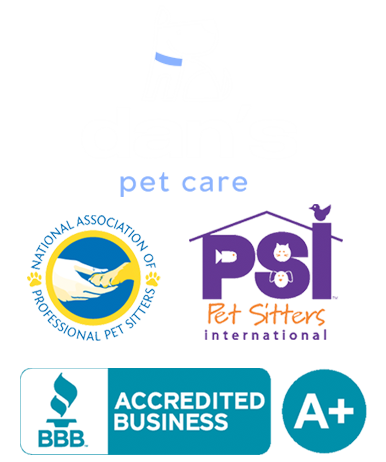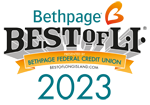How much food does my dog really need?
Did you know that up to 30% of all domestic dogs are considered obese? The percentage gets even higher among dogs who are older than about 5 years. Obesity causes a whole host of serious health issues, including joint pain, heart disease, diabetes, and risks during surgery. At Dan’s Pet Care, we’ve met many obese dogs who struggle with mobility, which reduces their quality of life.
Unfortunately, there’s only one explanation for why so many pet dogs have become obese. Many, if not most, owners are overfeeding their pets, and many pet dogs aren’t getting enough exercise. How can you make sure you’re feeding your dog what they need, without overdoing it? This article explores several steps you can take to keep your dog on an appropriate diet.
Listen To Your Vet, Not Your Dog
When you love your dog, it’s hard to see him or her acting hungry. Unfortunately, many dogs don’t have a “full” switch in their brains, so they will keep eating and asking for food, even when they’ve had enough calories. Use a vet-recommended food, and use a measuring cup to make sure you’re not overestimating portion sizes. If your dog seems anxious about food, make sure they have plenty of activities and toys for mental stimulation. This can help keep your dog from obsessing over their next meal.
Regular vet visits are important partly because they give you a chance to weigh your pet and track any changes. If you’re concerned about your pet’s weight, and it’s hard to weigh them at home, ask if you can bring them to the vet’s office for a free or low-charge weigh-in.
Limit Treats
Treats can definitely come in handy when you own a dog. They’re a great reward for good behavior, and they can help you train your dog to do tricks or follow commands. Many owners enjoy making their dogs happy by giving them frequent treats. However, it’s important to keep treats to a minimum because they tend to be high in calorie, and they can quickly contribute to weight gain. Ask your vet how many treats your dog should get in a day, and work with them to come up with lower-calorie options.
Speaking of treats, avoid the temptation to feed your dog table scraps. Human food tends to be too sweet, starchy or greasy for dogs to digest properly. In addition, much of it can be really dangerous to dogs. Your dog can choke on a bone or have a violent reaction to a preservative or artificial ingredient that doesn’t harm human beings.
Avoid Grazing
Keeping mealtimes consistent can help your dog stay happy on a diet. Don’t make the mistake of leaving a large container of food out for your dog to graze on. It’s hard to know how much your dog is really eating under these circumstances. It’s also impossible for many dogs to self-regulate their own portion sizes. An automatic feeder can do the work for you, if you’re not always available to feed your dog at mealtimes.
Feed Multiple Dogs Separately
If you have more than one dog, it’s important to make sure everyone’s eating their own food. Obesity in dogs is sometimes caused by one dog stealing another dog’s food. When one of your dogs is more dominant than the other, they can easily get away with it. Also make sure that your dog isn’t sneaking food from pet cats, or from other neighborhood pets who get fed outdoors.
Take Exercise and Age Into Account
If your dog experiences changes in their exercise level, you’ll need to reduce their food accordingly. For example, when a family member is recovering from surgery, starting a new job, or going off to school, they may be suddenly spending less time with the dog. This can mean fewer walks and less active playing. Of course, it’s important to do everything you can to maintain your dog’s mobility, so they can stay active for as long as possible.
Also keep in mind that as your dog ages, their calorie needs will decrease. Senior dogs often do best on a diet designed especially for weight control or other age-related needs.
If you avoid overfeeding, you’re likely giving your dog many more healthy and happy years than they would otherwise enjoy. Work with your vet to come up with a plan, and then stick with it–no matter how much your dog tries to talk you out of it!





